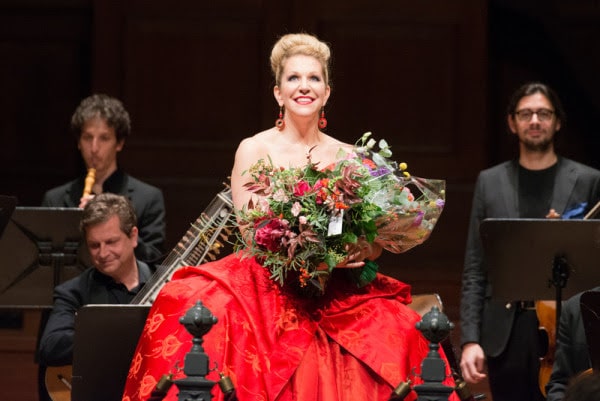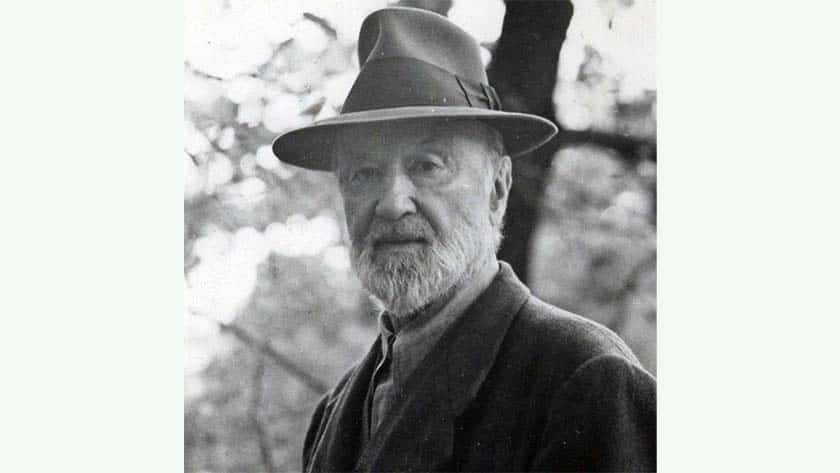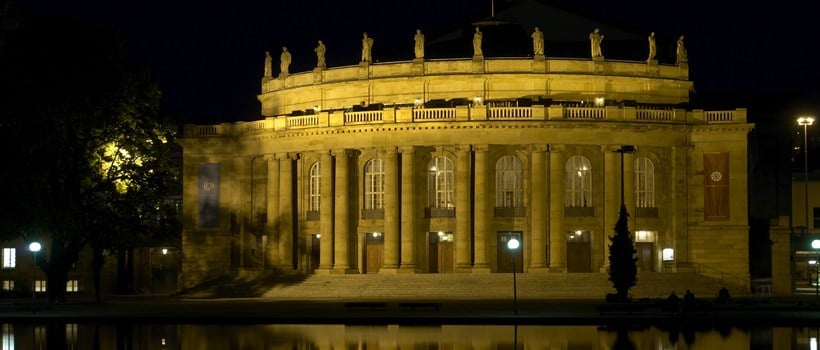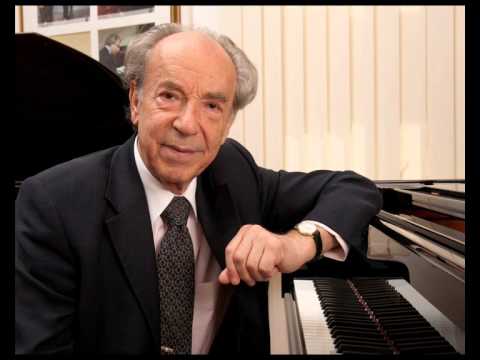Deconstructing Eurovision
mainAt the innocent dawn of television in the 1950s, a contest was devised to spotlight national differences in popular music, No-one took it very seriously, except as a way of showing how live broadcasts could be exchanged by landline, and the content provided gentle amusement around the continent as Bavarians popped up slapping leather-clad bottoms, Switzerland supplied an obligatory yodeller and Norway collected a statutory zero, nul points.
Over time, competitive instinct took over the Eurovisison Song Contest and all entries merged into an English-as-second-language lesson with more or less the same rhythm and tunes. Eastern Europe joined the party after the communist wall came down and the membership extended into the heart of Azerbaijan, which my atlas puts in the middle of Asia.
As television lost the line between virtual and reality, small countries started taking the result seriously and politically, as if it were a judgement of national competence. The delusion spread this year to the United Kingdom, where the BBC devoted countless peak-time hours to choosing a singer who might stand a chance of winning with a specially-written song by Andrew Lloyd Webber, agony uncle of BBC talent shows. He called the ditty ‘It’s My Time,’ inviting hubris.
By the grace of a continent’s culture and intelligence, Norway won last night’s show in Moscow by the biggest-ever margin and Lloyd Webber came nowhere – all right, fifth, but as good as nowhere. The Norwegian winner, Alexander Rybak, was good looking, played the violin and wrote his own song about fairies in a genre of English drawn from the lower reaches of the 1950s pop charts ‘Every day we started fightin’, every night we fell in love, no-one else could make me sadder, but no-one else could lift me high above.’ And who said the story of life on earth is one of perpetual evolution? (Watch it on Youtube here.)
Still, there are interesting social and demographic points to be learned from the contest. Regional bloc voting is so predictable as to be transparent. Bosnia-Herzegovina will always award top marks to Croatia, and vice-versa. Armenia will never vote for Turkey. Ethnic Russians in former satellites of the Soviet Union salute the Putin motherland with 12 points.
But much of Europe is now multionational and the voting reveals the size of migrant worker communities in many states. A huge vote for the Moldavian entry from Portugal suggests that large numbers of people from the poorest state in the Balkans have found work in the poorest EU member in western Europe. Switzerland’s vote for Portugal is likewise an indication of the homesickness of a migrant underclass. A large vote in Britain for the Turkish song could probably be traced to one postal district of London where Turks and Cypriots have settled.
There is a doctorate in here somewhere for a graduate demographer and a lesson for politicians about true patterns of migration, legal and otherwise. The Eurovision voting patterns, subjected to close analysis, could reveal the human map of Europe.
As for Andrew Lloyd Webber, who said on the eve of the contest ‘I don’t look at it as a footnote in my career,’ – well, he probably does now.





I am an alien (just landed from Mars). Are there any links between Cyprus and Greece ?
I was impressed by the way that Rybak could run around stage and still play the violin
Furthermore, I am led to understand that Eurovision changed it’s voting rules this in response to demographic politics, splitting votes 50/50 between the great unwashed and a panel of music ‘experts’ in each country –
http://www.telegraph.co.uk/culture/music/music-news/5332681/Eurovision-2009-new-voting-rules.html
Could it be that the post-modern phone-in fad is finally being mitigated by ‘expertise’? Watch the winning song. Don’t hold your breath.
I’m not sure if Norman is serious or not… It was obvious Rybak was miming the violin part of the performance.
Yes it is bizarre that Azerbaijan is part of Eurovision, but equally so that Israel is in it. Is that Europe? Where were Syria and Jordan?
Still, it was all a bit of fun, and as Norman said, thank god Europe had the taste to put Mr Lloyd Webber no higher than 5th. The singer seemed nice, but the song was……. wow!
Portugal doesn’t even come close to being the poorest European Union member. Actually, of the 12 countries who’ve joined since 2004, only one (Slovenia) even has a higher per capita GDP than Portugal…
NL to Immanuel Gilen: I meant western Europe. Text corrected.